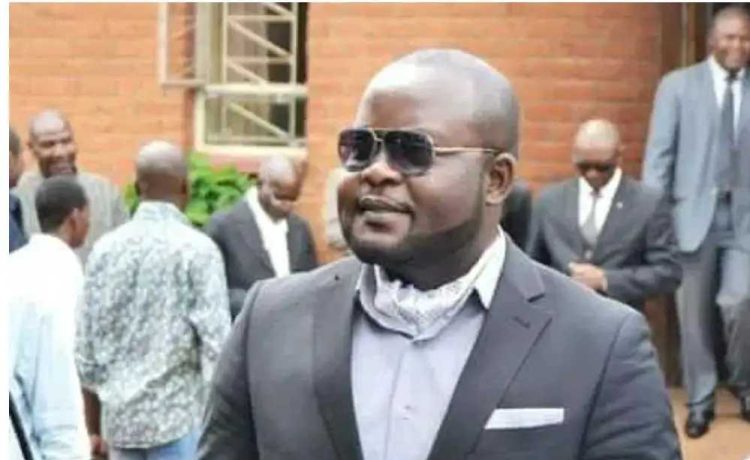In the realm of law and order, the narrative of Paul Mphwiyo unfolds like a gripping thriller, where evasion becomes synonymous with the label of “fugitive.” Once heralded in the chaos of a gunfire-riddled attack at his own gate, Mphwiyo’s tale catapulted into the spotlight, unraveling the clandestine world of cashgate during Joyce Banda’s administration.
But the story took a dark turn. Mphwiyo, touted as an ivy league luminary, was not the beacon of integrity he purported to be. Instead, he became entangled in the web of corruption, pillaging the coffers of Malawi with reckless abandon. Surviving the assassination attempt merely unveiled the nefarious underbelly of cashgate, a sordid saga of ill-gotten gains.
Whispers abound of Mphwiyo’s lavish escapades, he could fly to South Africa for booze on Friday and return the next day while his compatriots languished in poverty. Yet, justice has a way of catching up, and the High Court of Lilongwe delivered its verdict on Wednesday, unequivocally declaring that crime yields no rewards.
With bail conditions flouted and justice denied, the courts wielded their authority, seizing Mphwiyo’s ill-gotten gains, including his coveted house in Area 43. Despite an application by the wife to leave the house for her, the court stood firm, asserting its jurisdiction and reaffirming the forfeiture order.
In a poignant decree, Justice Ruth Chinangwa cemented the fate of Mphwiyo’s property, relegating it to the rightful ownership of the Malawi Government. Amidst allegations of corruption and the specter of fleeing justice, Mphwiyo’s whereabouts remain shrouded in mystery, as the scales of justice tip in favor of accountability.
In this courtroom drama, the saga of Paul Mphwiyo serves as a cautionary tale, reminding all that the arc of justice may be slow but inexorable, and that the legacy of corruption ultimately crumbles in the face of unwavering scrutiny.













